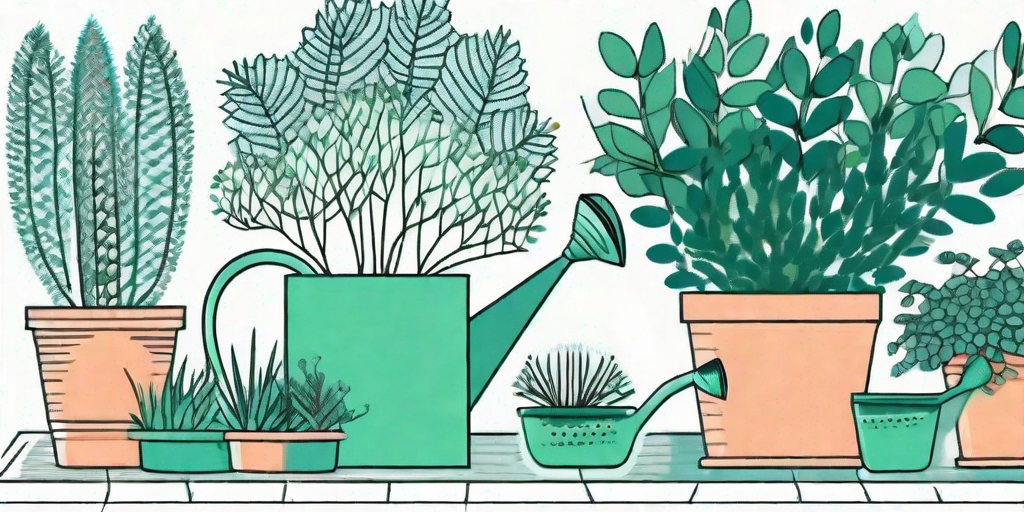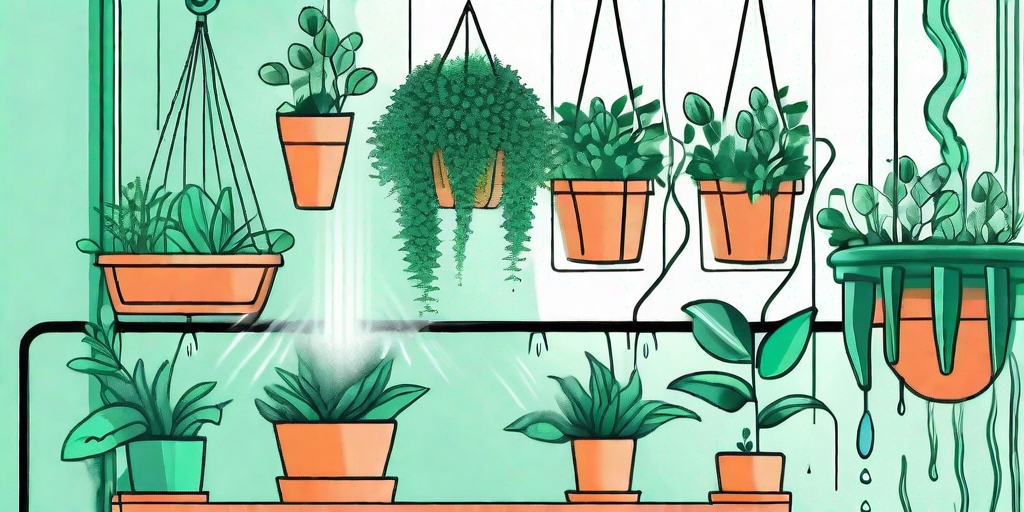
Ready to turn your home into a lush, green oasis? Well, you're in the right place! In this comprehensive guide, we'll delve into the world of fern fertilizers and how they can help your indoor plants thrive. But before we get into the nitty-gritty, let's have a quick chat about ferns and why they're the perfect addition to your indoor space.
Why Choose Ferns for Your Indoor Space?
Firstly, ferns are not just any ordinary plants. They're the divas of the plant world, with their delicate fronds and intricate patterns. They're the Beyoncés of botany, if you will. Secondly, they're excellent air purifiers. They work tirelessly to cleanse your indoor air of toxins, making your space not just prettier, but healthier too.
However, like all divas, ferns can be a little high maintenance. They need the right care and attention to keep them looking their best. And that's where fern fertilizers come in.
Understanding Fern Fertilizers
Fern fertilizers are the secret sauce to lush, healthy ferns. They provide the essential nutrients that ferns need to grow and thrive. But not all fertilizers are created equal. Some are more suited to ferns than others, and choosing the right one can make all the difference.
So, what makes a good fern fertilizer? Well, it's all about the N-P-K ratio. That's Nitrogen (N), Phosphorus (P), and Potassium (K). These are the three main nutrients that plants need to grow. For ferns, a good N-P-K ratio is 1-1-1. This means equal parts Nitrogen, Phosphorus, and Potassium. Nitrogen promotes leaf growth, Phosphorus aids in root development, and Potassium helps with overall plant health.
The Best Fern Fertilizers for Thriving Indoor Plants
Now that we've covered the basics, let's get down to business. Here are our top picks for the best fern fertilizers:
- Miracle-Gro Indoor Plant Food: This well-known brand offers a balanced N-P-K ratio and is easy to use. Just mix with water and apply to your ferns every 2 weeks.
- Jobe's Fern & Palm Indoor Fertilizer Spikes: These handy spikes provide a slow-release of nutrients, ensuring your ferns are fed consistently over time.
- EarthPods Premium Indoor Plant Food: This organic option is a great choice for those looking to green up their space in a more natural way. Plus, it's super easy to use - just push a pod into the soil and water as usual.
How to Apply Fern Fertilizer
Applying fern fertilizer is a piece of cake, or a piece of leaf in this case. Simply follow the instructions on the packaging. Most fern fertilizers can be mixed with water and applied directly to the soil. However, be careful not to over-fertilize. Too much of a good thing can be harmful to your ferns. A good rule of thumb is to fertilize once a month during the growing season (spring and summer) and less often during the dormant season (fall and winter).
And remember, ferns are divas. They like their soil to be consistently moist, but not waterlogged. So, water your ferns regularly, but make sure the water can drain away easily. A pot with drainage holes is a must!
FAQs
Can I use regular plant fertilizer for my ferns?
While you can use regular plant fertilizer for your ferns, it's best to use a fertilizer specifically designed for ferns. These will have the right N-P-K ratio to promote healthy growth.
How often should I fertilize my ferns?
Generally, you should fertilize your ferns once a month during the growing season (spring and summer) and less often during the dormant season (fall and winter). However, always follow the instructions on your specific fertilizer.
Can I over-fertilize my ferns?
Yes, over-fertilizing can be harmful to your ferns. Too much fertilizer can lead to salt build-up in the soil, which can damage the fern's roots. Always follow the recommended dosage on your fertilizer.
Conclusion
And there you have it, folks! Everything you need to know about fern fertilizers. With the right care and attention, your ferns can thrive and transform your indoor space into a lush, green oasis. So, go forth and fertilize!















